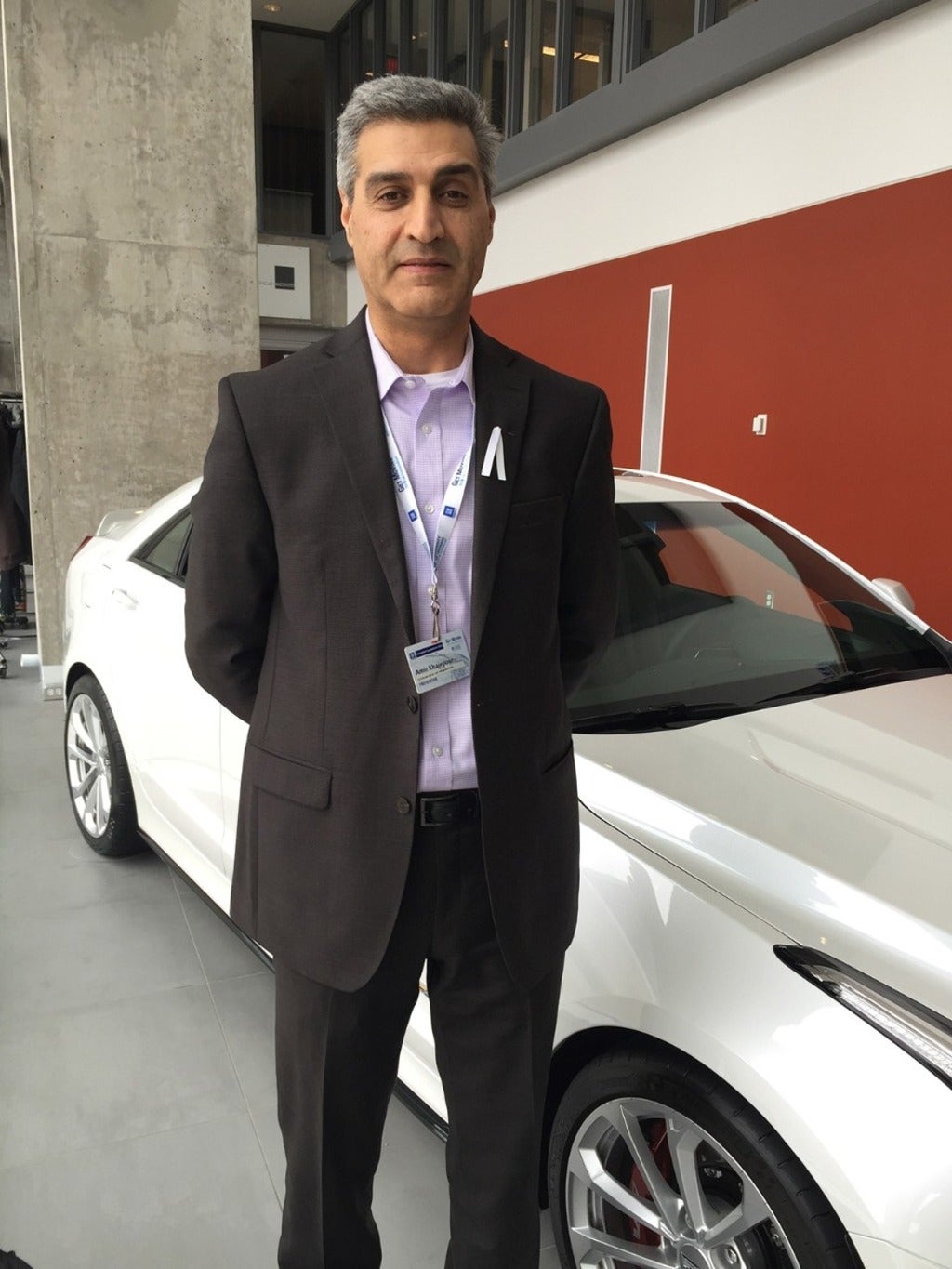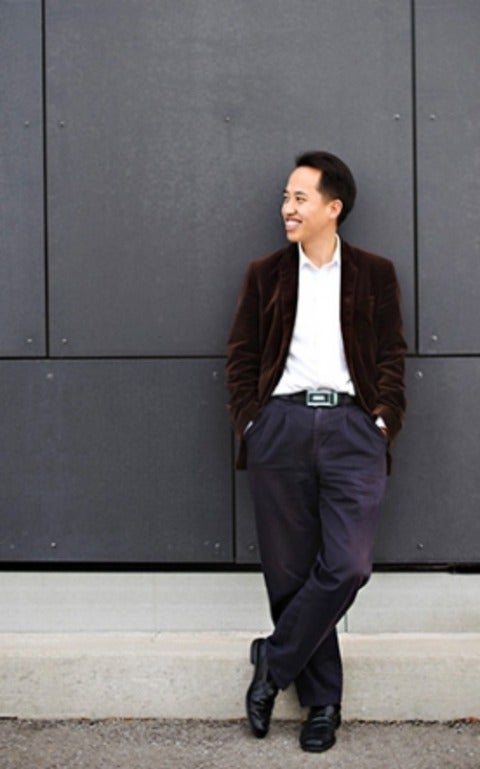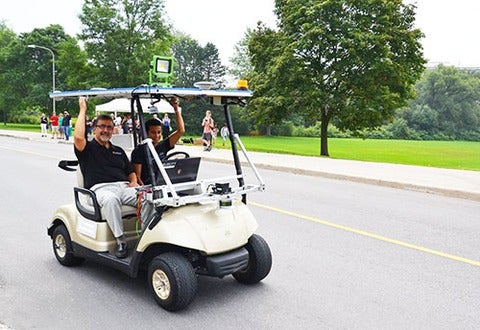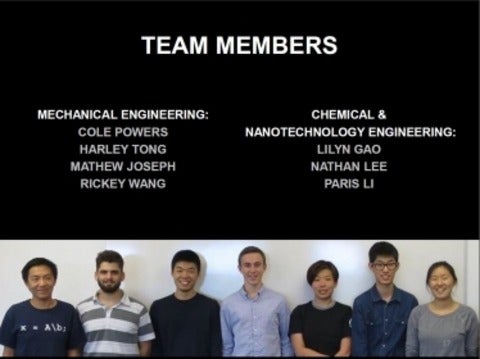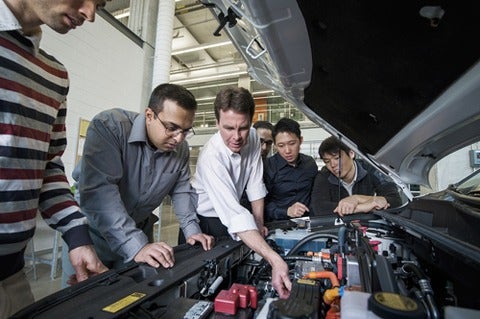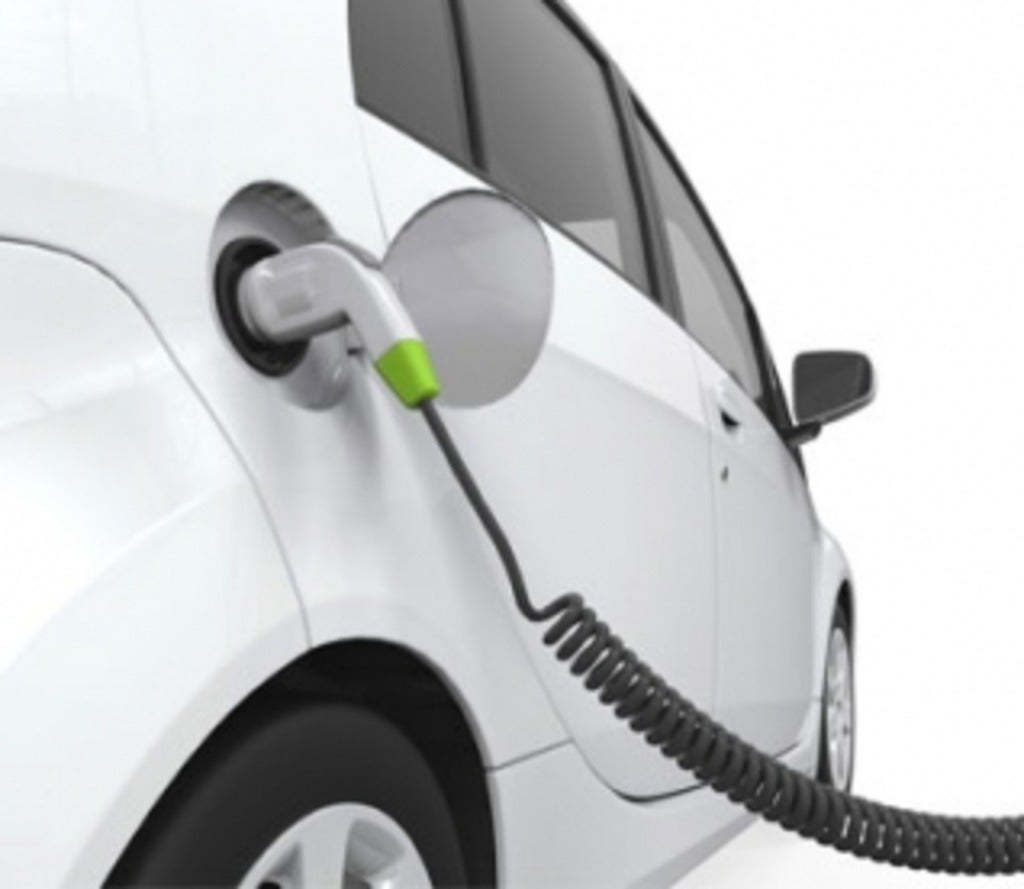GM Canada Innovation: How close are we to autonomous vehicles?
From General Motors
While the age of fully-autonomous cars is not yet upon us, the truth is humans have not actually been driving by themselves for years. From anti-lock braking in the 1970s to the advanced driver assist functions of today, cars have been giving drivers a hand, and helping keep them safe, for decades.
